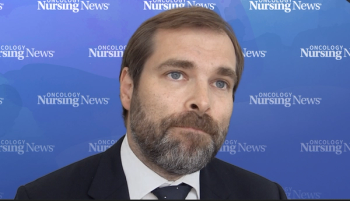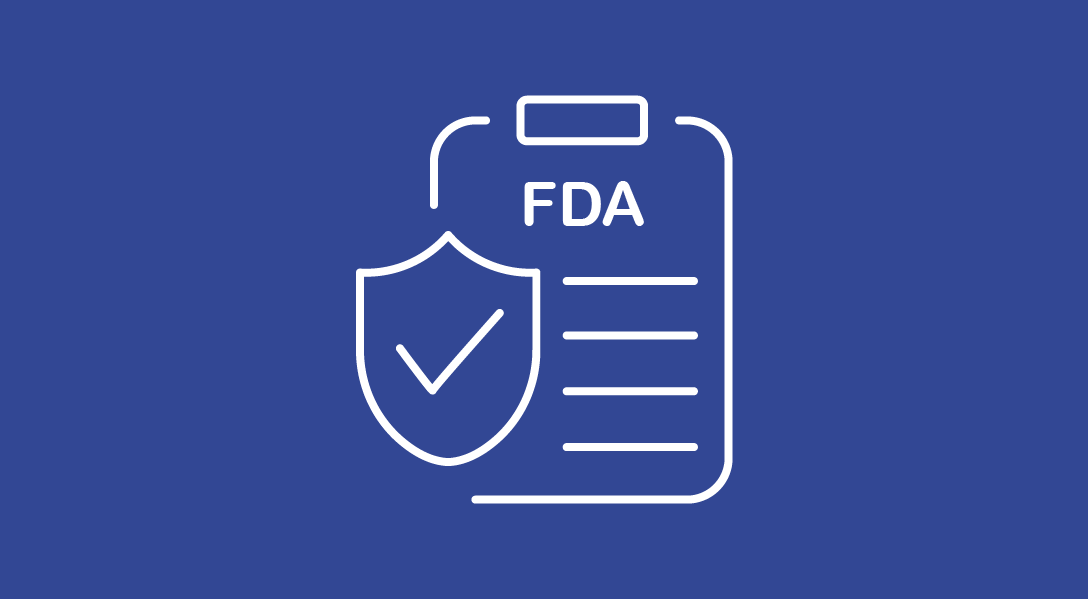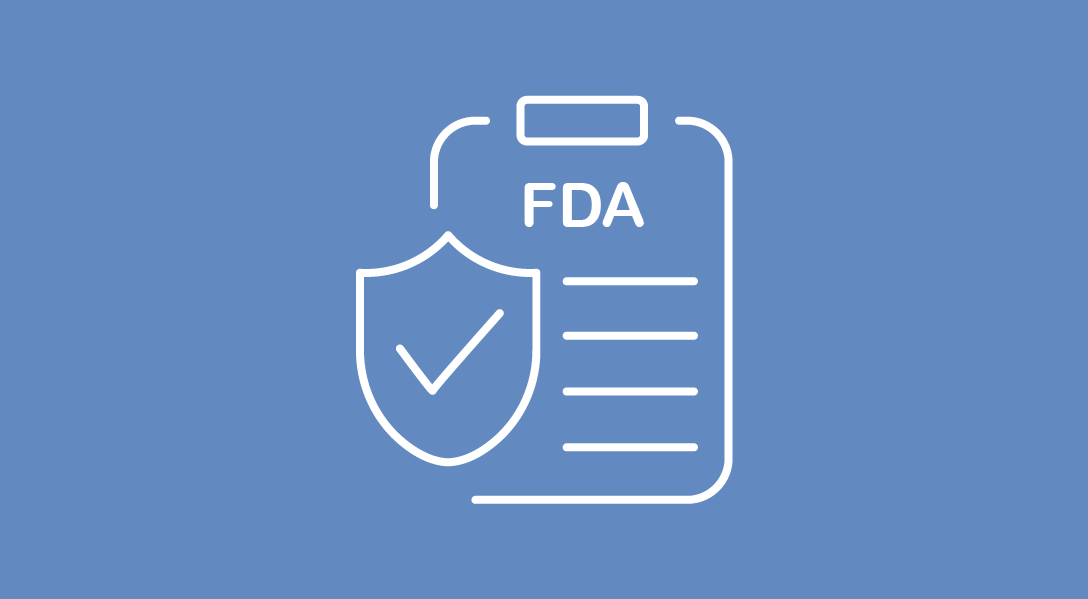
Lung Cancer
Latest News
Latest Videos

More News

According to the American Lung Association, biomarker testing gaps and low screening rates continue to hinder lung cancer survival; however, rates have improved in the last 5 years regardless.

Subcutaneous pembrolizumab plus chemotherapy was noninferior to IV pembrolizumab plus chemotherapy in treatment-naïve non-small cell lung cancer.

The FDA received a biologics license application for datopotamab deruxtecan for previously treated EGFR-mutant non-small cell lung cancer.

Adding E-602 to cemiplimab demonstrated anti-tumor effects in patients PD-L1–resistant solid cancers.

Nurse navigators and APPs are key members of the multidisciplinary team who can lead and implement QI efforts to ensure timely and effective biomarker testing for patients with early-stage NSCLC.

The FDA extended the Prescription Drug User Fee Act date for the biologics license application seeking approval of zenocutuzumab for NRG1-positive lung and pancreatic cancer.

An ad-hoc analysis found a higher rate of severe and life-threatening infections in patients with RET-mutant lung cancer treated with pralsetinib.

Here’s a roundup of FDA approvals in the oncology space from October 2024.

An expert discussed fam-trastuzumab deruxtecan-nxki for HER2-mutant and -overexpressing non-small cell lung cancer.

Patients with extensive-stage small cell lung cancer tended to have better PFS and OS with complete consolidative radiotherapy compared to incomplete consolidative radiotherapy.

The addition of lurbinectedin to atezolizumab improved OS and PFS in patients with extensive-stage small cell lung cancer.

The staging of small cell lung cancer significantly impacts treatment plans and potential side effects.

A supplemental biologics license application was submitted for telisotuzumab vedotin for the treatment of metastatic EGFR wild-type nonsquamous non–small cell lung cancer.

The FDA approved neoadjuvant nivolumab plus chemo, followed by adjuvant nivolumab for non-small cell lung cancer without EGFR mutations or ALK rearrangements.

The FDA approved osimertinib for locally advanced, unresectable stage III EGFR-mutated non-small cell lung cancer.

Belrestotug plus dostarlimab-gxly improved ORR in patients with previously untreated, unresectable, locally advanced or metastatic, PD-L1–high NSCLC.

Adagrasib outperformed docetaxel in patients with KRAS G12C-mutated non–small cell lung cancer, regardless of baseline brain metastases.

The FDA approved amivantamab-vmjw plus chemotherapy for locally advanced or metastatic non–small cell lung cancer (NSCLC) that harbors EGFR exon 19 deletions or exon 21 L858R substitution mutations whose disease has progressed on or after treatment with an EGFR TKI.

The FDA approved pembrolizumab plus pemetrexted and platinum chemotherapy for advanced or metastatic malignant pleural mesothelioma.

Zipalertinib was safe and effective for heavily pretreated patients NSCLC harboring EGFR exon 20 insertion mutations who progressed on or after amivantamab.

Amivantamab plus chemotherapy delivered promising OS trends compared with chemotherapy in EGFR-mutant advanced non-small cell lung cancer after disease progression on osimertinib.

While none of the experimental combinations met efficacy targets, durvalumab with monalizumab and ceralasertib showed promising long-term benefits in patients with advanced NSCLC.

Adding relatlimab to nivolumab and chemotherapy improved efficacy but did not increase safety concerns in advanced-stage lung cancer.

The addition of BMS-986012 to frontline nivolumab and chemotherapy led to promising outcomes in patients with extensive-stage small cell lung cancer.

Consolidation durvalumab improved survival across subgroups of patients with limited-stage small cell lung cancer based on factors associated with prior prophylactic cranial irradiation and concurrent chemoradiotherapy use.












































